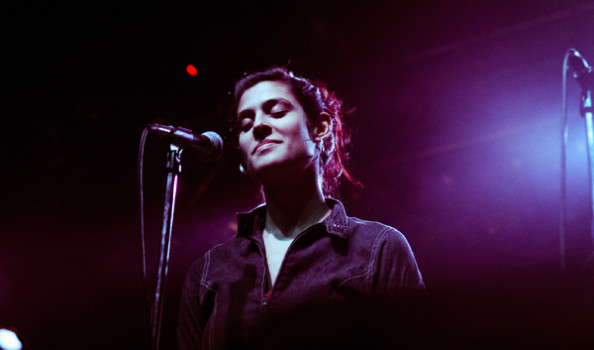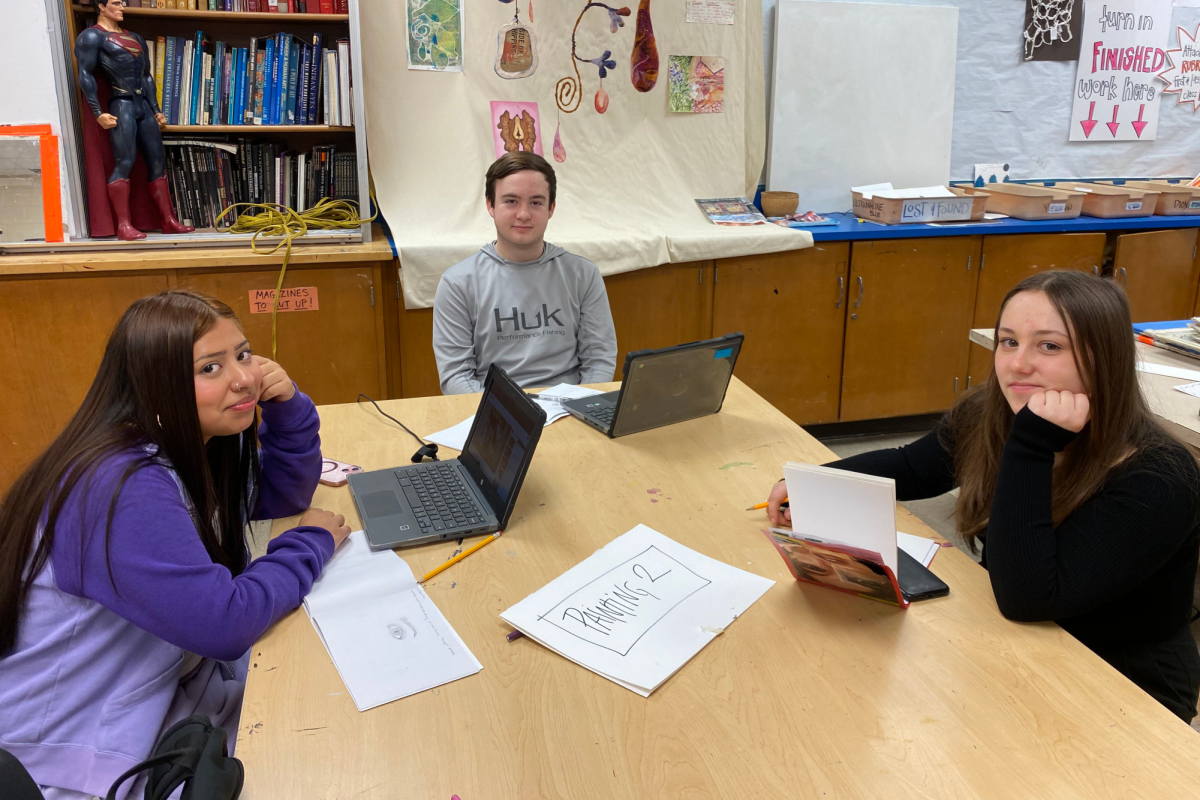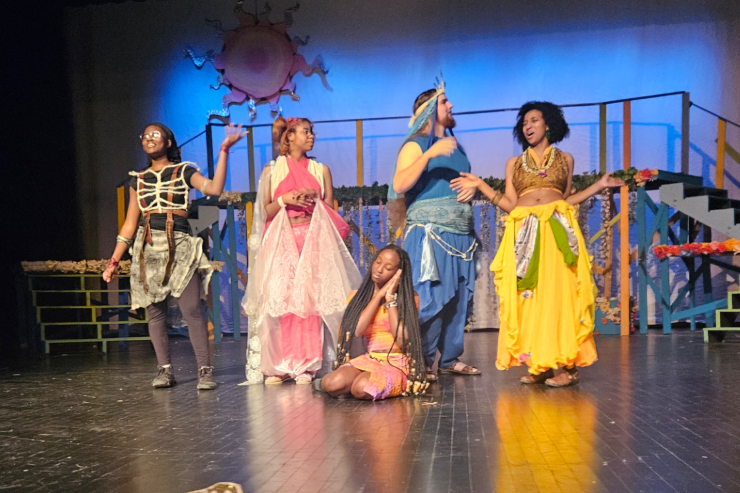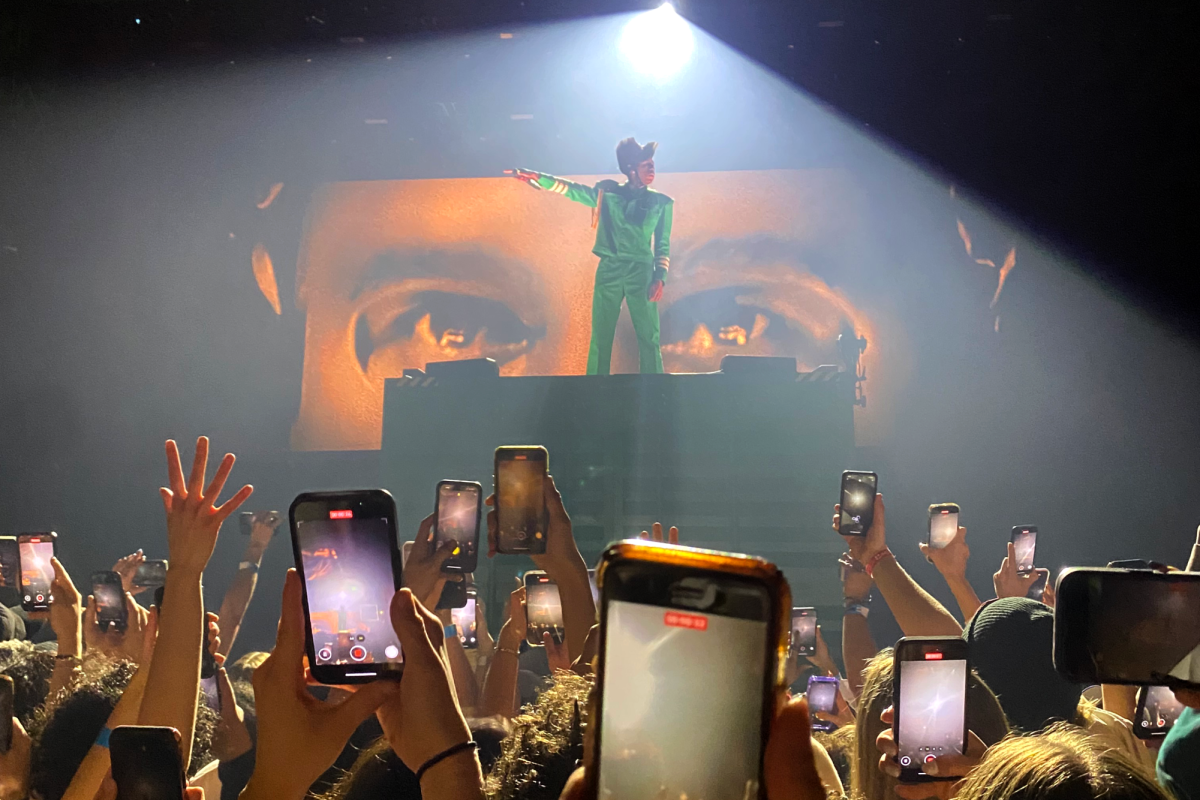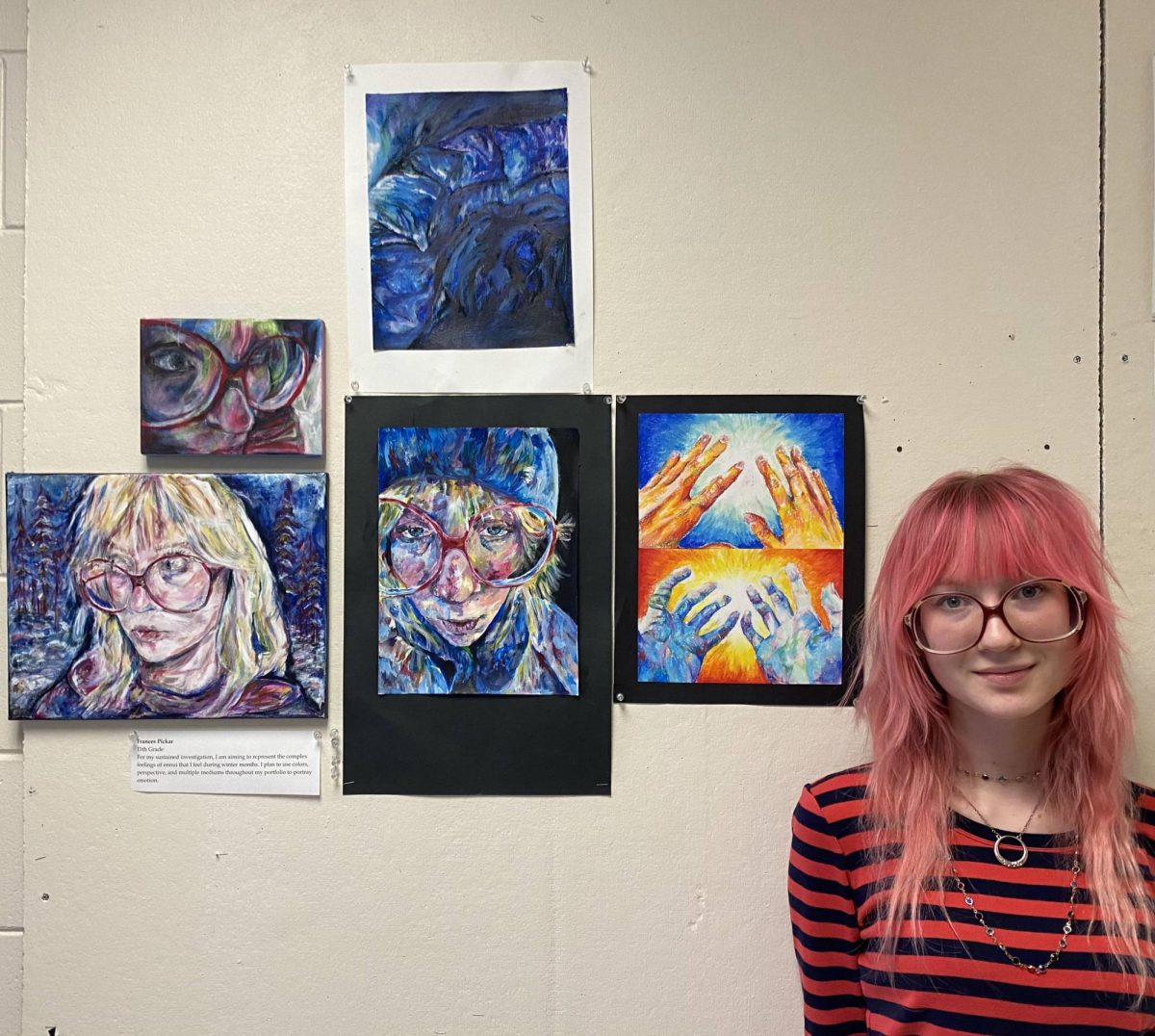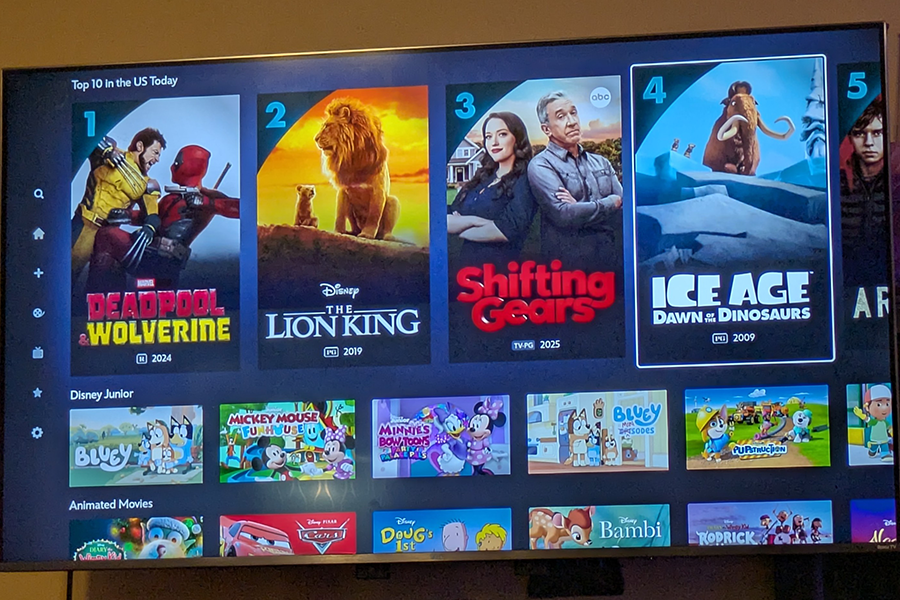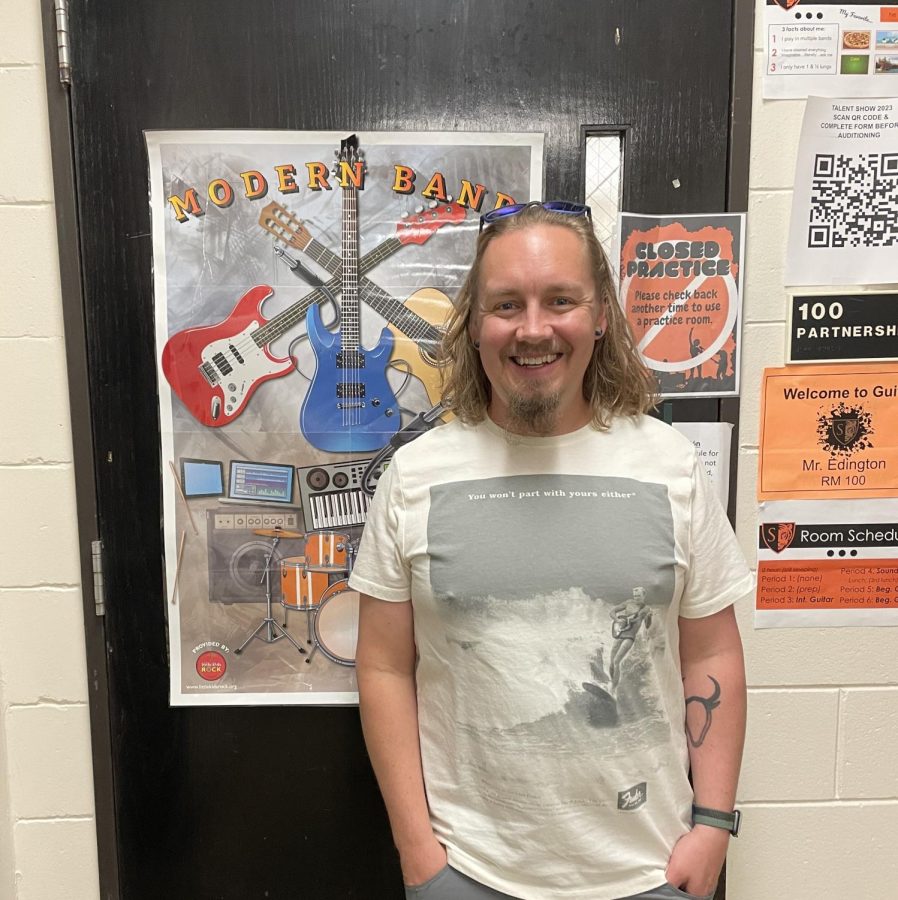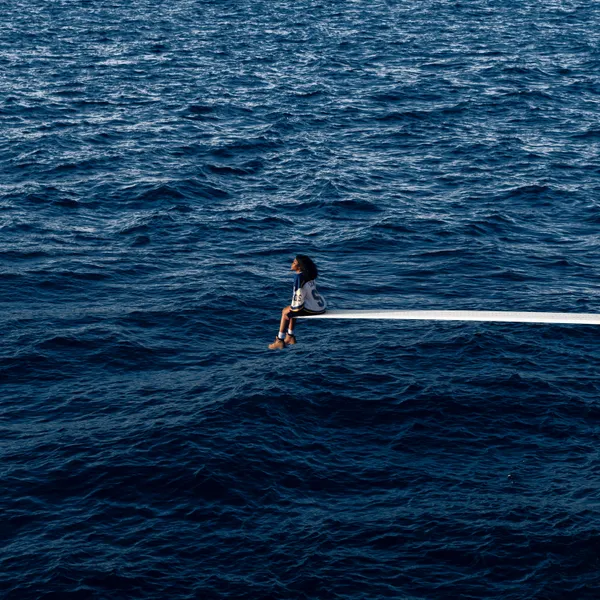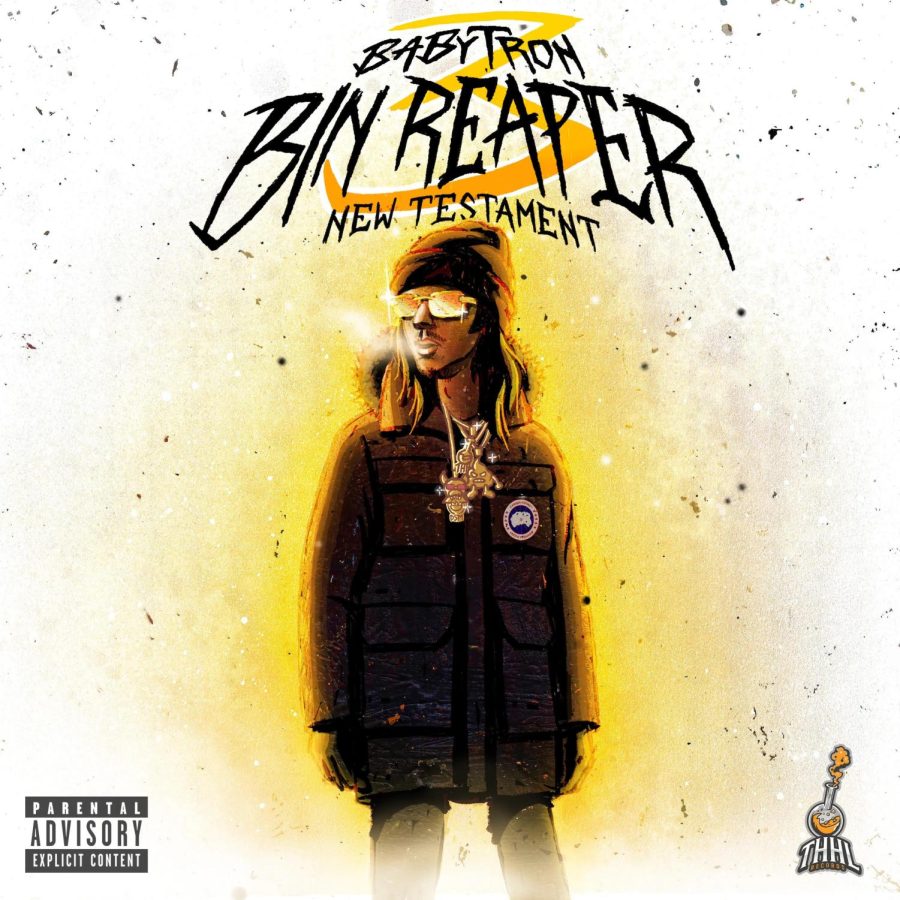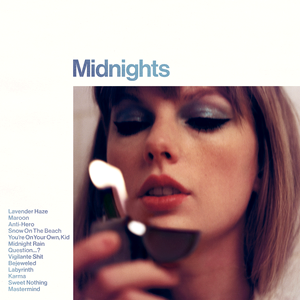Who was your biggest musical influence as a teenager?
I think artists are really bad at telling you who their influenced by, I think they’re better at telling you who they like and hoping that it makes them sounds cool. I’ll tell you who I liked. I listened to a lot of Tracy Chapman, I listened to a lot of Offspring, I listened to some of the stuff that my parents had around the house. I think for the most part I listened to a few records on repeat, I didn’t have a big record collection. I probably only owned just like a handful of CDs and I would just listen to them furiously. A chick called Skunk and Nancy, I don’t know where she’s from. I was listening to more like sad folk or kind of punk influenced stuff, I wasn’t listening to too much rap.
How would you describe your fan base?
There are seven members in Doomtree and I think all of us have fan bases or listenership that are a little different. I think Doomtree has our share of young professionals but I think we are also working hard to, you know, I come to high schools a lot, to connect with younger listeners. I think my shows are a confusing meld of like people my mom’s age, who I am continually surprised they are there, excited, and part of me is still like the ten-year-old kid that I feel like patted on the head when someone who’s seen a lot of music is like “that was really good.” That feels really good. I think my listenership probably ranges from like 14 to 65. I think that we could do better of attracting a more diverse listenership in this city. If you’ve been to the Doomtree Blowout you’ve seen that it’s a pretty fair audience, and I like that everyone feels welcome but this is a very segregated city for rap music. We haven’t done a very good job, I don’t think, of helping to bridge that gap. The Northside rappers don’t know who we are and we don’t know who the Northside rappers are. That sucks.
Did your friends and family support you being a musician?
No, not at the beginning. I wasn’t very good though so that would make sense. When you see a home video of Beyoncé at 14, she’s just like killing it. No change, essentially, she’s just 4’2” there. I wasn’t like that. I wasn’t good right away. And I wasn’t even a very quick study. I had some facility with language, but it took me awhile to figure out how to express that as a rapper. And I don’t think I realized I was not very good yet either so that probably added some frustration.
What does your songwriting process entail?
It’s strange because part of me wants to do it so much but I don’t like it. It’s frustrating, it’s disappointing. And this is a more negative answer than I would usually give except for I was doing it last night, and it was just like, throwing my computer into the bathtub. It’s something you want so much, and it’s damn hard to get right that a lot of time it’s really wringing water from a stone, it’s just hard. And I know some writers love writing every song. But I think a lot of writer writers, page writers, particularly, find it to be like a satisfying when it’s complete kind of thing, but a maddeningly frustrating kind of [thing]. It’s like the best moment of songwriting is when I don’t have to do it anymore because I just finished a song and then it’s just like totally content for 25 seconds, and then the self doubt returns and you start out again. It’s hard for me. A lot of it is sitting, listening to the same music over and over and over and over again. Sometimes I’ll walk around. I’ll walk for a couple miles and I’ll get another 8 seconds of music done and that doesn’t seem to be working anymore so I’ll try to look at things that fascinate me in books. I’ll just flip pages of books or quote books to see if there’s some cool little bit of language that could find it’s way in. Last year, I was researching fires in Chicago, I don’t think it will help. But what else can I put in my brain, just kind of throw in stuff and see what will stick, see what might get the song done. I walk a lot while writing, and I listen to the same music on repeat for hours and hours to try and get the lyrics done.
What is it like being the only female member of Doomtree and being a woman in the male dominated rap scene?
I think it’s hard to creditably and intelligently answer the question. I know what it is, but I don’t know what’s different about it. I can take some guesses, but a woman that has been in a male-only grew and a crew with women in it would probably be the one to know that answer. Because maybe some of the things I think are a product of being the only women would have happened anywhere. That said, I think that I haven’t received a lot of flack that we would anticipate if we would make a made-for-TV special about a female rapper which would be full of men backstage saying “you’re pretty good, for a girl.” I haven’t had scenes like that. At first I was really shy about being the only girl because I was afraid that people would think I got the job for the wrong reasons, or I wasn’t as good or I was a token member or worse, maybe I was dating someone and that’s why I got the gig. I really didn’t want to sing hooks. I think for the first few years of my career I did a lot of trying to correct what I feared were peoples’ misperceptions. So I dressed in men’s clothes, so as not to have to face an allegation that would accuse me of having landed the gig for sex appeal. But then I realized later if I’m letting my concern about public perception dictate the clothes that I’m wearing, maybe in some ways that’s being just as reactant to the industry as if I was wearing a swimsuit because I’m letting it tell me what to wear. Maybe not quite as reactant, but it felt like I was being less than genuine. In the past three years I have ended up wearing more and more of my street clothes on stage instead of like “okay, it’s time to wear a triple X hoodie that comes down to my knees.” I was buried in clothing. There have been moments that have been challenging and a lot of times it was because at the beginning a guy could come up and say he wanted to work with you and then really he just wanted to date you. And I don’t think that any given guy would realize how hurtful that was because you want to be an artist so badly, and the idea that like anytime someone approaches you now you doubt it, you doubt yourself, and people always have alternative motives. Whereas that one guy, he’s just trying to make conversation, maybe he’s trying to take advantage of you, but if I were to give him the benefit of the doubt, he’s trying to find any way to connect to woman he’s interested in dating. But for the women, and I’ve talked to several other women in this field, it’s just like you’re afraid to ever get your hopes up and you’re just waiting for him to make a pass when you’re suppose to be working on a song and when he finally does, it’s just like ahhh, damn it because I really, really thought this one might have a legitimate faith in the vision here and so it’s just a succession of hopes being dashed at best and at worst it’s really manipulative and kind of predatory, when you find what someone wants the most and then offer that in an effort to “let’s have it,” you know. I want to be your boyfriend, well, I hate you. The hard part is I hate you.
What influences your short stories?
It varies, but often times it will be either a term or phrase will catch my ear and I’ll kind of build something around it or sometimes there will be a circumstance that I like imagining and so now I have to figure out a story that would arrive at that circumstance.
What was your favorite part about growing up in Minneapolis? Why do you continue to live here?
It’s tough because I don’t know if it also would have been my favorite part of growing up in Seattle, just because I never grew up in Seattle so I don’t know if it would have been like the Burger King down my house, that I hang out at with my trashy friends. I’m trying to think of a cute answer to that but the truth is I didn’t do a great job of growing up here. I was a tough teen. And I think I would have been tough anywhere because I think the chemicals in my head as a teenager were real and authentic, and I think you could have put me on Mars and I would find a way to run out of the compression chamber. So, why do I continue to live here. I guess a big part was the people with whom I make music. I didn’t fall in love with Minneapolis until I left it. I thought it was cool, but it also had some shortcomings that were really obvious to me like, I’m not a winter cat. I don’t like winter, and so that’s a big part of life here obviously and I think if I did like winter or snowshoeing or something like that, it probably would just be like you know every day’s a new adventure but as it is I’m just like “oh I hope my car isn’t towed,” I don’t understand these rules. And then also to be totally honest I think I worried that it was a flyover zone and I wasn’t sure we were that because I didn’t have enough to compare it to but I suspect that we were because I heard all these jokes, even from people here, like Garrison Keillor, you hear all these jokes about how we’re kind of like hodunk and we drink our coffee dro dro and we eat in basements of Lutheran churches all the time. I thought well that doesn’t sound like we consider ourselves to be the epicenter of literary arts. In leaving, I think I have come to appreciate that while Minneapolis isn’t the center of every art form, it’s not bad. Sometimes we flatter ourselves by saying we’re this literary capital, no we have a lot of libraries, that’s how they established that. The theater is better in New York and just because we’ve got a lot of community theaters doesn’t make that untrue. That said, we’ve got a lot here artistically and it wasn’t until I really got to travel around a little bit, to compare it to Portland and see how we stack up, well we stack up pretty damn well. We’re not New York, but if we were in New York, I’d have to be serving tables again and there is certainly nothing wrong with serving tables but that’s less time to write and it takes me 3 hours to write an 8 bar so that’s just not going to work for me. I think so for like cost of living balanced with the culture that we have it’s a big win.

